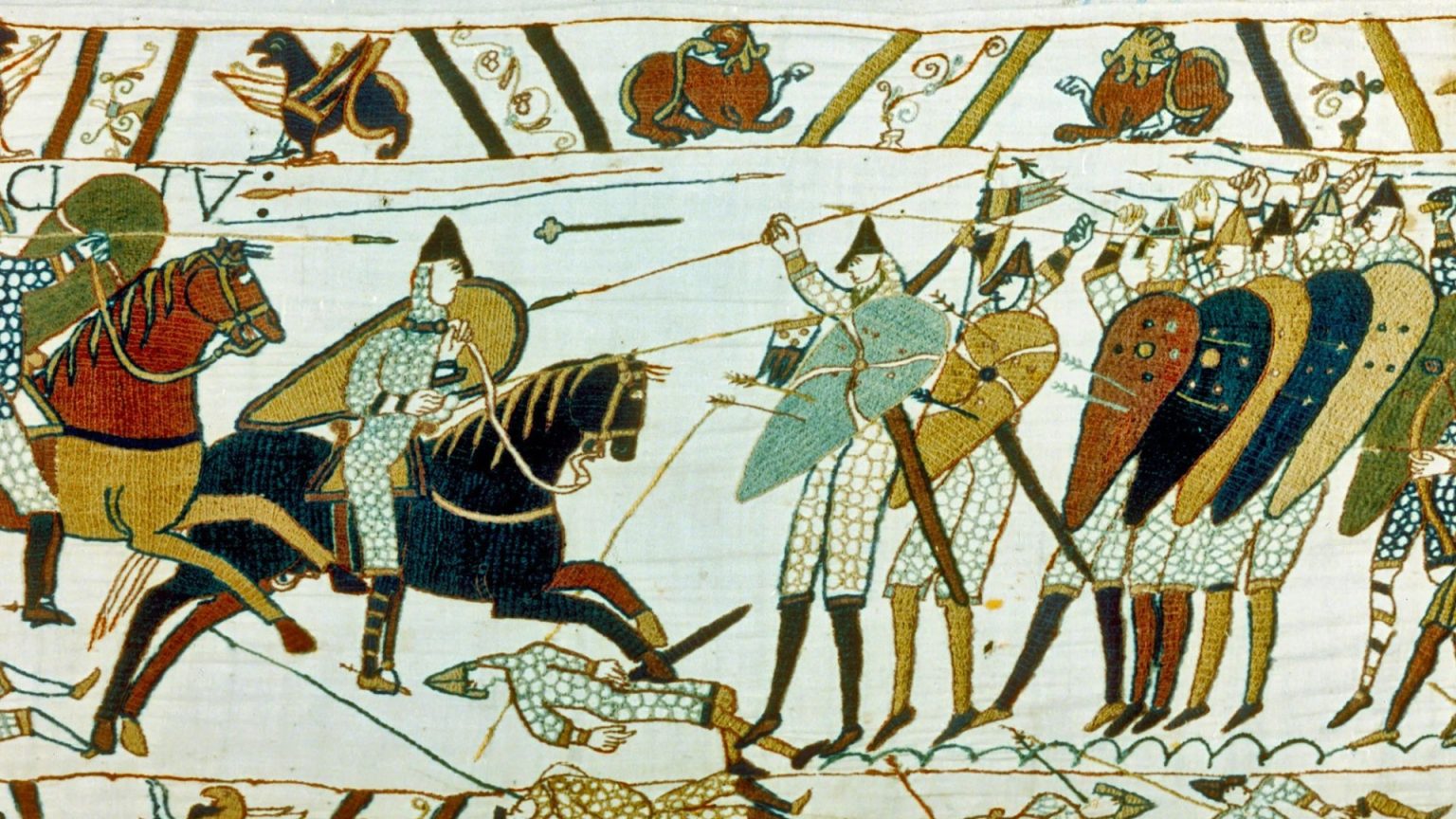The debate over the future of the national curriculum in British schools has ignited a fiery exchange between the Conservative Party and the Labour Party, focusing on the teaching of British history. Senior Tories have issued a stern warning to Labour leader Sir Keir Starmer, urging him to abandon proposed changes to the curriculum that aim to reflect the “diversities of our society.” They argue that this “woke shake-up” could lead to the exclusion of crucial historical events, such as the Battle of Hastings in 1066 and the Spanish Armada, and represent a dangerous rewriting of the nation’s narrative. This clash highlights a fundamental disagreement on the purpose and scope of historical education, pitting traditional interpretations against more inclusive and nuanced perspectives.
Central to the Conservative critique is the fear of “Left-wing indoctrination and activism” infiltrating schools. Shadow Cabinet minister Robert Jenrick has accused Labour of prioritizing ideology over educational standards. He emphasizes the importance of teaching British history as it has been traditionally understood, highlighting events that have shaped the nation’s identity. This view suggests a belief in a core, unchanging historical narrative that should be passed down through generations. The Conservatives argue that deviating from this traditional narrative amounts to “embarrassing self-loathing,” implying a rejection of national pride and heritage.
Adding fuel to the fire are comments from former Tory minister Esther McVey, who dismissed the proposed changes as “politically correct clap-trap.” This dismissive language reflects a broader skepticism towards efforts to incorporate diverse perspectives into the curriculum. The Conservatives frame the debate as a battle against political correctness, portraying Labour’s proposed changes as a capitulation to progressive ideology rather than a genuine attempt to improve education. This rhetoric resonates with a particular segment of the electorate who are wary of what they perceive as excessive focus on identity politics.
In response to these criticisms, Labour has defended its proposed curriculum reforms. A spokesperson for Bridget Phillipson, Shadow Education Secretary, argued that the new curriculum will “breathe new life into learning” by ensuring that the content is engaging and promotes student achievement. Labour frames its approach as a modernization of education, aimed at providing students with the knowledge and skills they need to thrive in the 21st century. They suggest that the Conservative focus on traditional narratives is outdated and fails to adequately address the complex realities of modern Britain.
Furthermore, Labour has accused the Conservatives of “stoking culture wars” and engaging in divisive rhetoric. They argue that the Conservative Party is more interested in political point-scoring than in genuinely improving the education system. This accusation reflects a broader political strategy to portray the Conservatives as out of touch and disconnected from the concerns of ordinary families. By emphasizing the practical benefits of the proposed curriculum reforms, Labour seeks to position itself as the party of progress and educational opportunity.
The heart of this debate revolves around the question of what constitutes British history and whose stories should be told. The Conservatives advocate for a traditional, linear narrative that emphasizes key events and figures. They see this as essential for fostering national identity and pride. Labour, on the other hand, argues for a more inclusive and nuanced approach that reflects the diverse experiences of all Britons. They believe that a broader perspective will lead to a more comprehensive and relevant understanding of the past. This disagreement reflects a wider societal debate about national identity and the role of history in shaping it. The review’s recommendations, expected next year, will undoubtedly have a significant impact on the future of historical education in Britain.




